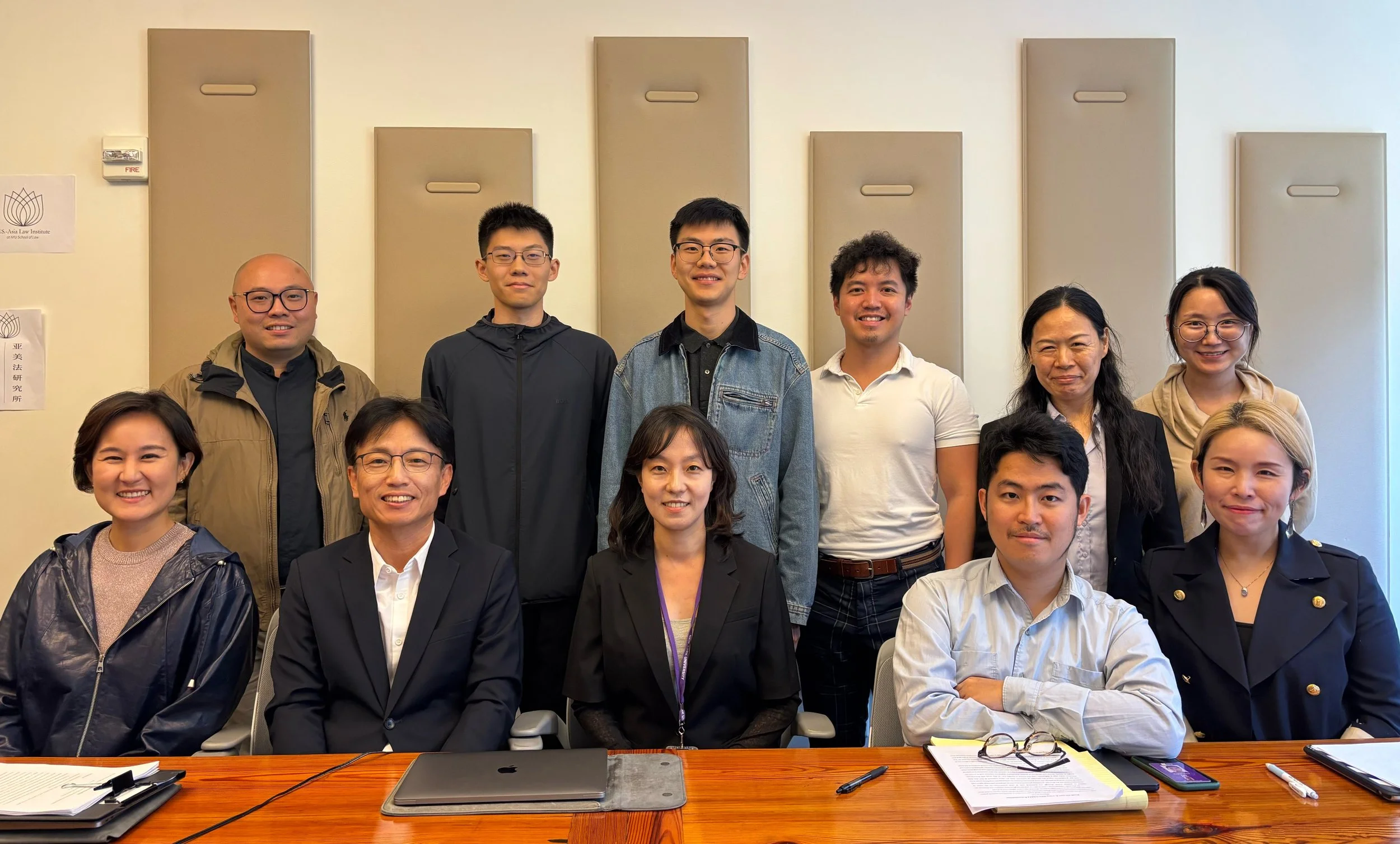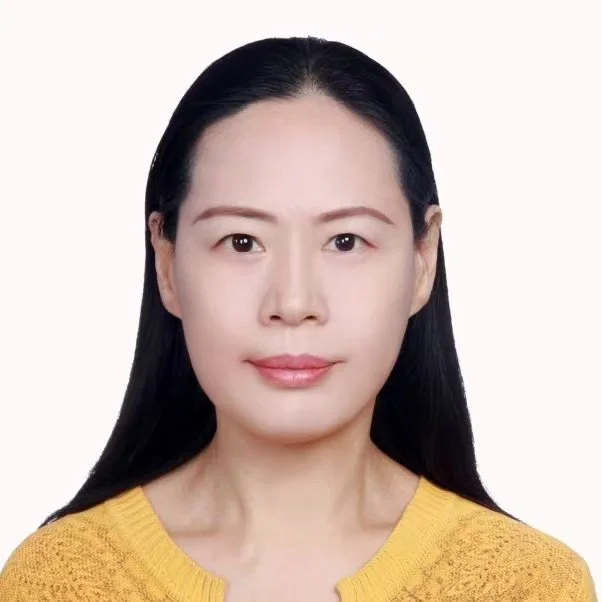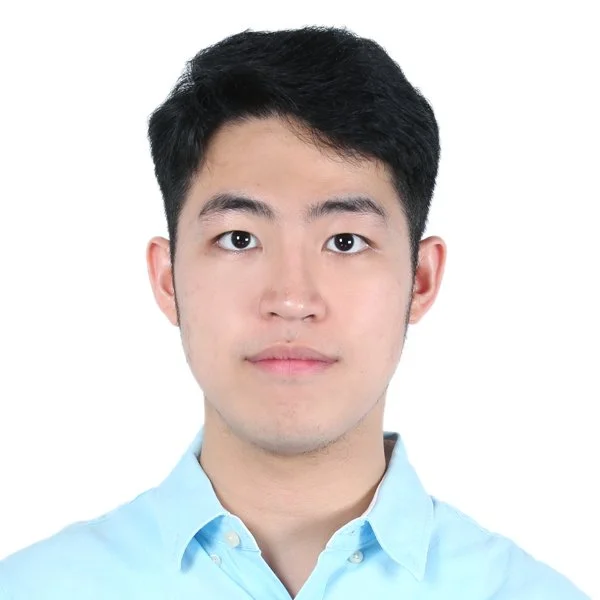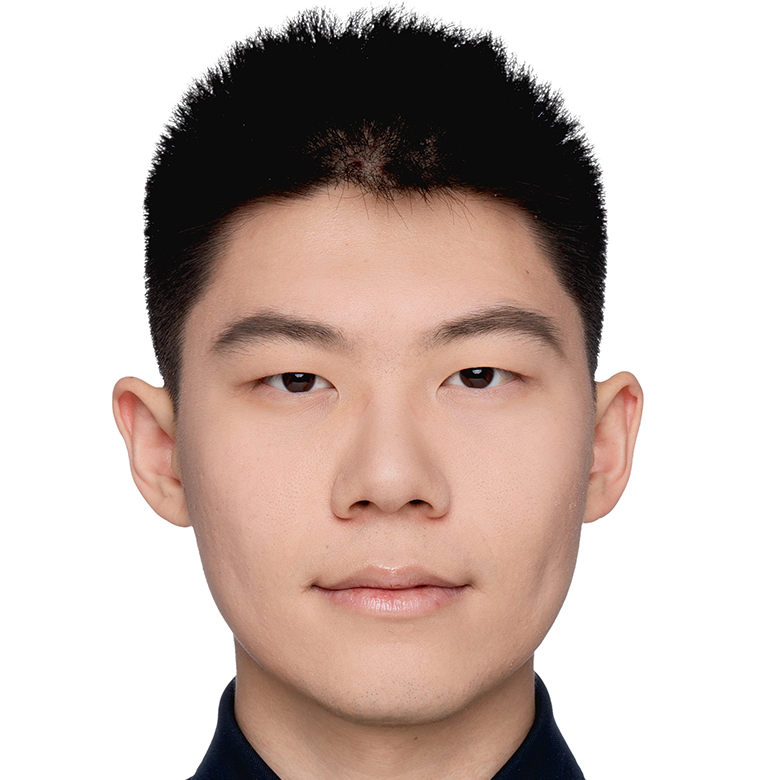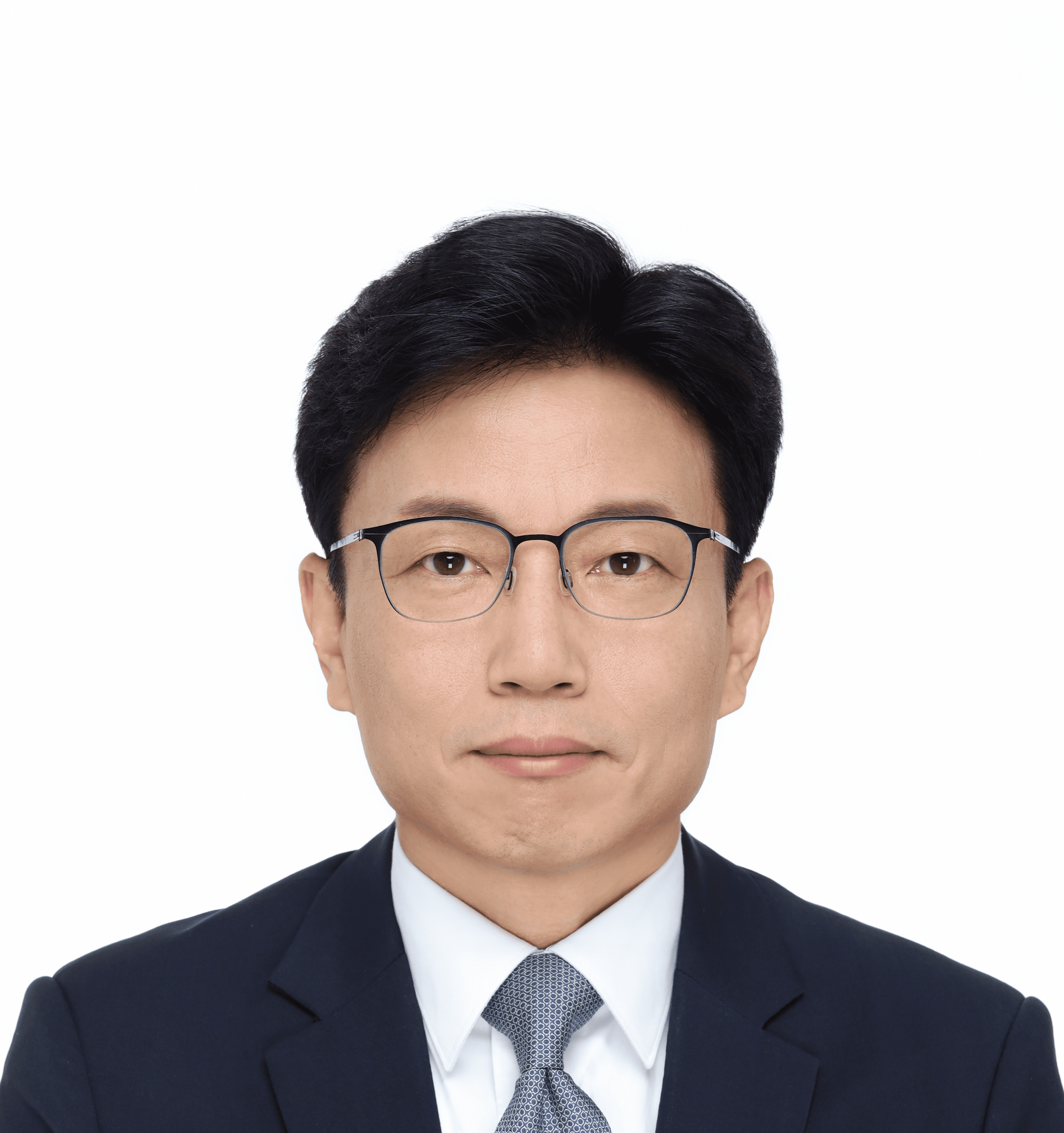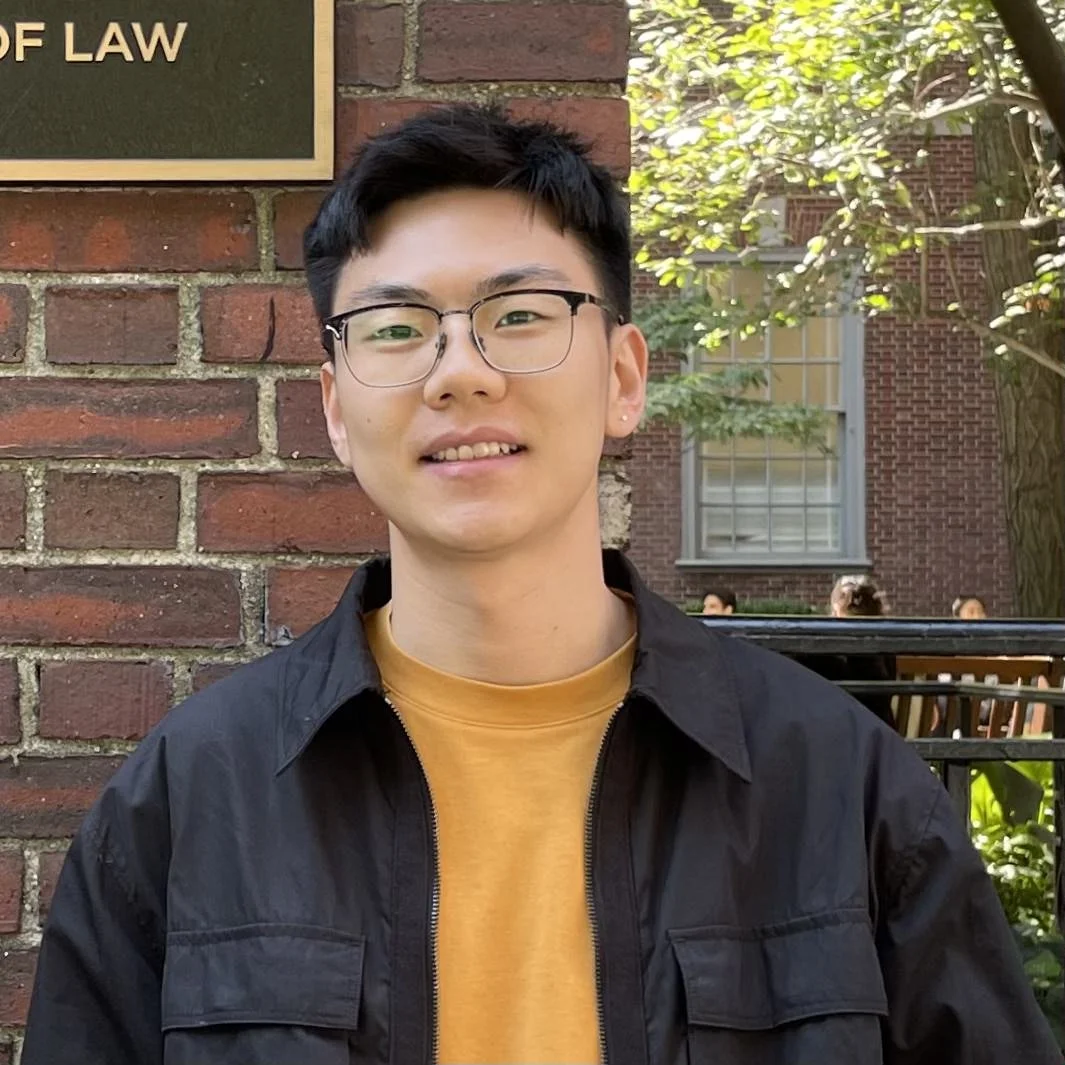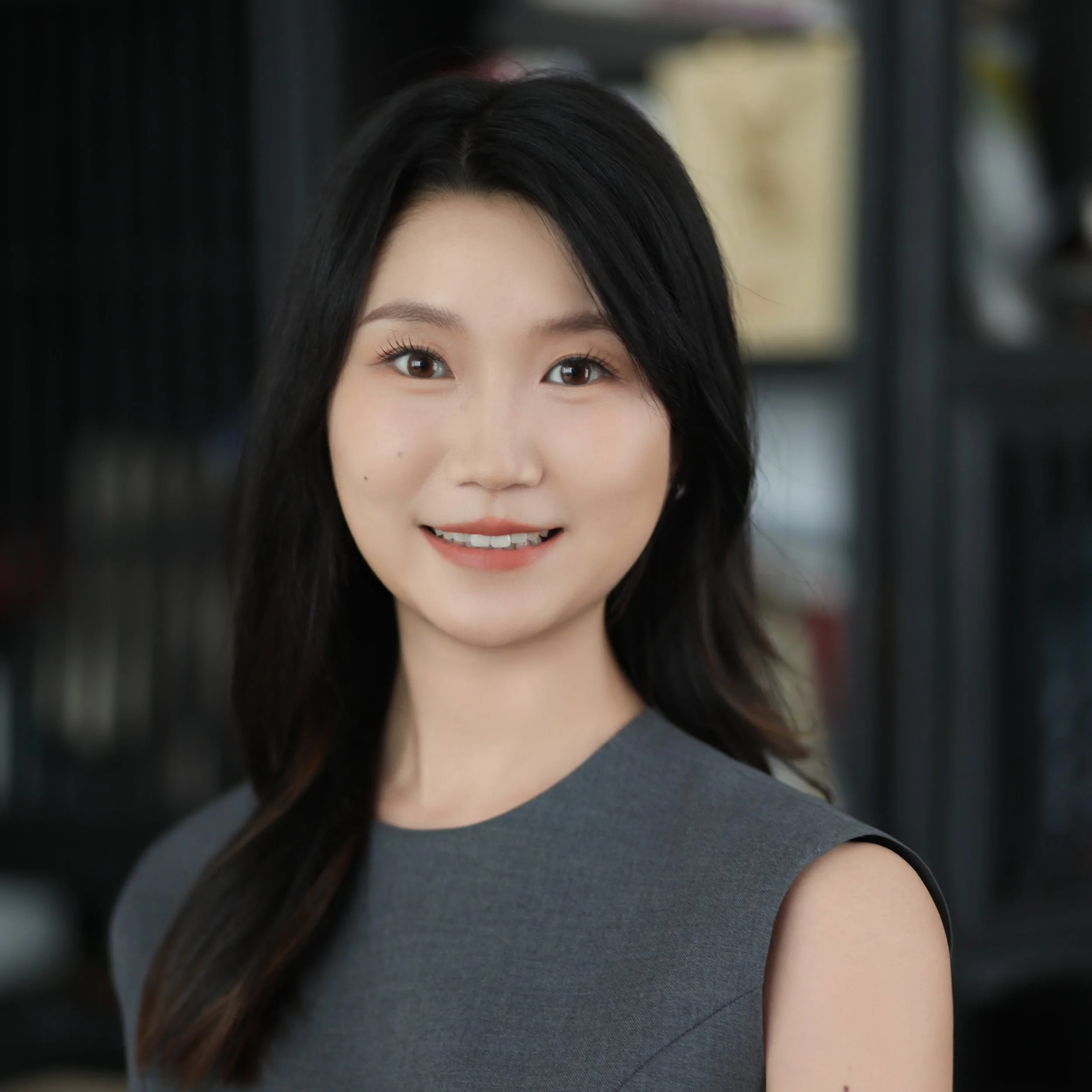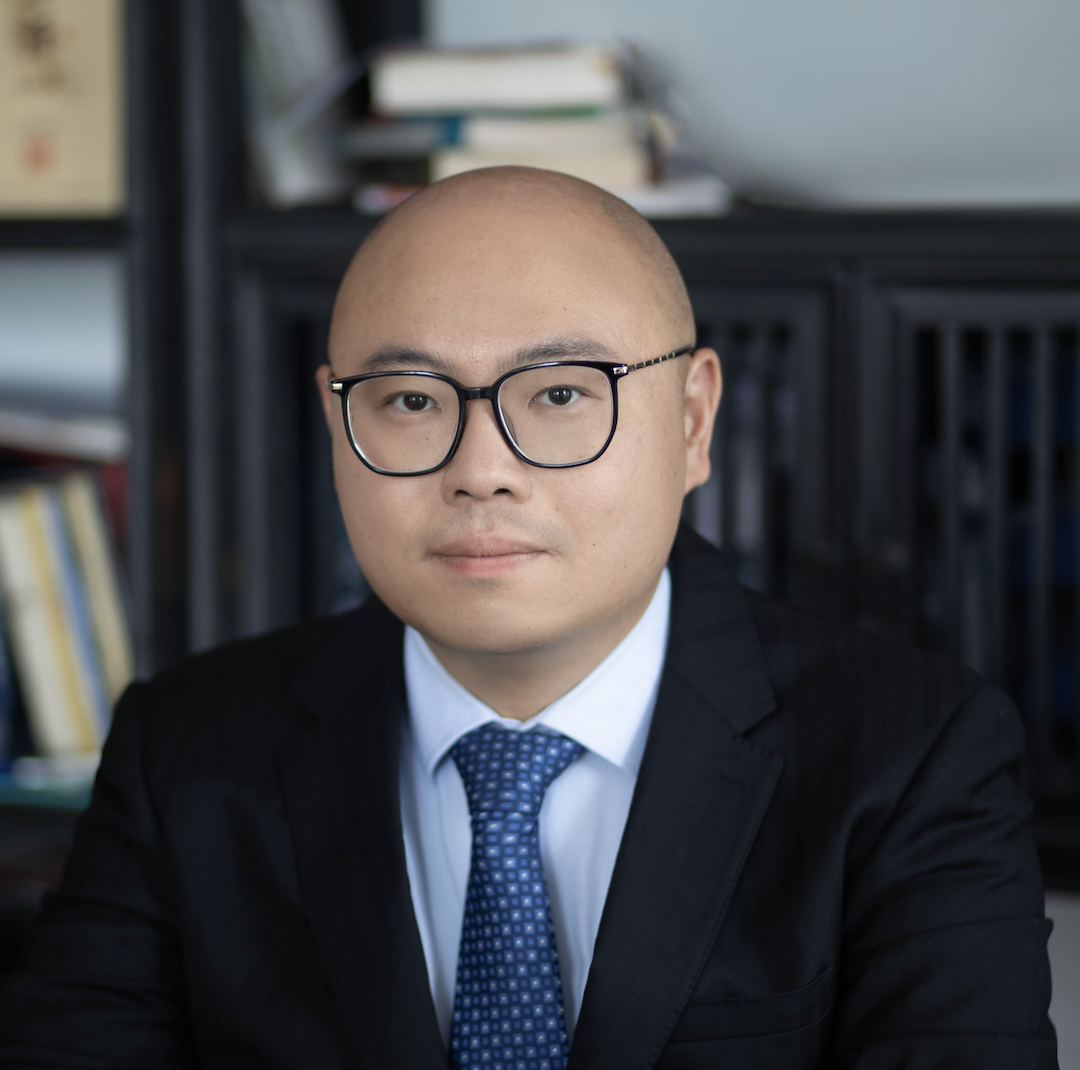2025-2026 Visiting Scholars
The U.S.-Asia Law Institute hosts a small number of outstanding scholars each year. Our visiting scholars have included judges, prosecutors, lawyers, legal journalists, and legislators as well as academics. Learn more about how to become a USALI Visiting Scholar.
Feng Ge
Feng Ge is an environmental protection lawyer in China with extensive experience in litigation and policy advocacy. For six years, Ge led the legal department at Friends of Nature, the first environmental nongovernmental organization (NGO) in China with national influence. Ge and her colleagues at Friends of Nature advocated revisions to the Environmental Protection Law, which in 2015 granted NGOs legal standing to sue polluters. Since then, Ge and her team have brought nearly fifty environmental public interest lawsuits, including a landmark case in Yunnan Province to protect endangered species. That case was later recognized by China's Supreme People's Court as a guiding case and by the United Nations as a Sustainable Development Goal Good Practice. Ge holds a doctorate in environmental law from the China University of Political Science and Law and taught at Renmin University Law School's environmental law clinic from 2017 to 2020. Her research centers on the role of civil society in fostering the environmental rule of law in China.
Eungi Hong
Eungi Hong has been a judge in South Korea since 2009, with her current appointment in the Seoul Central District Court. She researches the legal status of undocumented immigrant children from the perspective of international law.
Yunjin Kang
Yunjin Kang is a judge at the Incheon District Court in South Korea. She has presided over civil, criminal, labor, and appellate cases, and previously served as a prosecutor focusing on vulnerable populations and corporate crimes. Her research explores corporate governance and minority-shareholder rights in both Korea and the United States. She is a visiting scholar at the U.S.-Asia Law Institute at NYU School of Law, where she studies Delaware’s Section 220 inspection rights after the 2025 amendments. She has published on patient capacity (2021), hearsay and confrontation rights (2023), and sentencing reforms (2025) in the Supreme Court Law Journal in Korea. Kang received her law degree from Korea University and completed the Judicial Research and Training Institute.
Masumi Kono
Masumi Kono is a practicing lawyer and a corporate partner at Alcien LLP in Tokyo, Japan, as well as a lecturer at Sugino Fashion College in Tokyo. She specializes in corporate law, intellectual property law, fashion law, compliance, and cross-border transactions. She began her legal career in 2014 and serves as secretary of the Council for International Activities and Strategy of the Japan Federation of Bar Associations and is a former vice president of an international committee of the Tokyo Bar Association. Her research focuses on exploring effective approaches to establishing human rights due diligence in the fashion industry in Japan by examining examples from Europe and the United States.
Ding-I Lee
Ding-I Lee is a licensed attorney in the state of New York and is admitted to practice before the United States Court of Appeals for the Ninth Circuit. He holds an LLM in international law (international business and economic laws) from Georgetown University Law Center and an MA in East Asian studies (history of premodern and modern China) from Columbia University. His academic work focuses on Chinese legal history (from the Qing dynasty to modern China) and comparative constitutional studies. Lee is the winner of the 2025 F. Hilary Conroy Award from the Association for Asian Studies.
Xuan W. Tay
Xuan Tay is a doctoral candidate at Adelaide Law School. He is the recipient of the European Society of International Law's Early-Career Scholar Prize 2025, the Lee Kuan Yew Gold Medal 2020, and the American Society of Comparative Law's Phanor J. Eder Prize (Honorable Mention) 2018. He graduated as valedictorian from the National University of Singapore, Faculty of Law (LLB, 2020), and as a Fulbright Scholar from Georgetown University Law Center (LLM, 2022). His doctoral research examines the role national narratives play in shaping international legal behavior, using China as empirical subject. His works have been published in the University of Pennsylvania Journal of International Law and the Berkeley Journal of International Law.
Yichen Wang
Yichen Wang is a PhD candidate in criminal law at Renmin University of China. His research centers on Chinese criminal law and comparative criminal law, with a particular focus on overseas corruption and the Foreign Corrupt Practices Act (FCPA). He holds an LLM from University College London (UCL) and has published several articles in Chinese legal studies journals. His current research at USALI examines the legal frameworks for international anti-bribery enforcement.
Jaewoong Yoon
Jaewoong Yoon is director general at the Ministry of Government Legislation of the Republic of Korea. He has more than thirty years of experience in legislative drafting, regulatory reform, and international legal cooperation. He previously served as spokesperson of the Ministry of Government Legislation (2008–09), counselor at the Embassy of the Republic of Korea in Singapore (2012–16), and director general of the Legislative Policy Bureau (2024). In these capacities, he has contributed to advancing Korea's legislative processes, strengthening regulatory governance, and promoting international collaboration in law and policy. His current research focuses on legislative reforms for regulatory innovation in the healthcare sector. He earned a master of public administration from the Gerald R. Ford School of Public Policy at the University of Michigan in 2002 and completed PhD candidacy at the Sol Price School of Public Policy, University of Southern California, in 2005. He also received a bachelor of arts from Seoul National University and a master of public administration from its Graduate School of Public Administration.
Zhiyao Yuan
Zhiyao Yuan is a PhD candidate in criminal procedure at China University of Political Science and Law. His research explores the procedural control of emergency investigations from a comparative perspective between China and the United States, with a focus on balancing state power and individual rights in exigent circumstances.
Shuyu Chu
Shuyu Chu (楚舒宇) is a Hauser Postdoctoral Fellow at NYU School of Law, affiliated with the U.S.-Asia Law Institute. Her research focuses on anticorruption governance, comparative constitutional design, and regulatory institutions in authoritarian and semi-authoritarian regimes. At NYU, she is conducting a comparative study of anticorruption agencies in nondemocratic settings, examining China's National Supervision Commission, Singapore's Corrupt Practices Investigation Bureau, and Hong Kong's Independent Commission Against Corruption. This work shows that authoritarian regimes do not follow a one-size-fits-all approach to anticorruption but instead develop strikingly different institutional models. She earned her PhD from the University of Hong Kong Faculty of Law, where her dissertation investigated the Chinese Communist Party's internal supervision system. Previously, she was the China Law and Policy Fellow at Georgetown University, where she studied China's transnational enforcement practices, particularly quanfan ("persuasion to return") methods for repatriating overseas fugitives.
Jiajun Luo
Jiajun Luo is a Hauser Postdoctoral Global Fellow at New York University and an affiliated scholar of the U.S.-Asia Law Institute for 2025–26. His research examines legality, dispute resolution, and judicial institutions in authoritarian regimes, with a focus on China. At NYU, he is developing a project titled Authoritarian ADR: China's Fengqiao Model of Dispute Resolution, which explores how nonlitigious mechanisms are used to resolve disputes, enforce social policies, and consolidate state authority. His scholarship has appeared in The Hague Journal on the Rule of Law, the Asian-Pacific Law & Policy Journal, and the Routledge Research Handbook on Law and Democracy. Previously, he was the China Law Fellow at Georgetown University and a research scholar at the Philip K. H. Wong Centre for Chinese Law. He earned his PhD in law from University of Hong Kong, where his dissertation, Chinese Courts: Unequal Justice, was nominated for the Li Ka Shing Prize.
